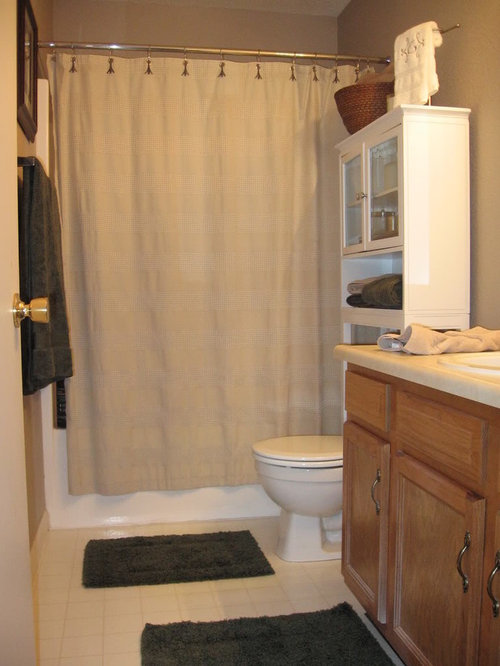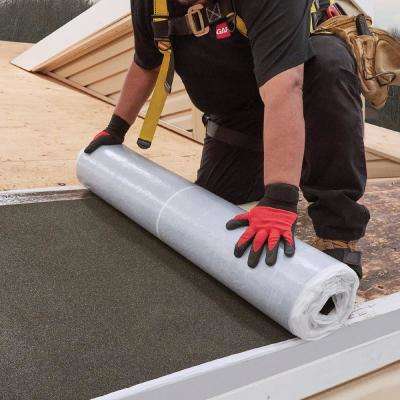But peel and stick assuming you mean peel and stick roofing not peel and stick water barrier and hot mop are permanent roofing types so unless you mean changing from tile to a membrane roofing which would be pretty rare if the roof slope is enough that the tile worked right for 25 years i fail to understand the question.
Hot mop roof vs peel and stick.
My rule is simple the more the roof is cut up with valleys hips and ridges the greater the need for peel and stick products.
Though hot mop installations were the methods of choice thru about 15 years ago self adhered systems are now proving to be the superior underlayment solution.
Finding the right self adhered underlayment companyand product for the job is more of a challenge.
The average lifespan for a 3 ply hot mop roof in florida 15 years.
On a flat roof the top layer should should have gravel a mineral surfaced cap sheet or a reflective aluminum coating.
With the use of any material the hot mop process is generally very complicated and so the duration of this process may be timely depending on the pitch and total square footage of the roof.
The hot mop system is sometimes called the 30 90 system as it consists of 90 rolled roofing hot mopped over 30 felt which is nailed to the roof deck.
A 2 ply hot mop underlayment protected from sunlight might last longer.
A modified bitumen cap sheet is then applied to the asphalt and both layers are nailed to the roof.
Less than half the price of a complete new bur roof provides you with a warranty close to that of most basic built up roof systems extend the roof service life and achieve cooling energy savings in hot summers.
When having a roof installed or replaced ask your roofer what he.
The asphalt is applied to the roof using a heated mop.
The pros of the hot mop option.
It involves spreading a layer of hot asphalt on the base layer of the roof.
A roofing secret that is gaining some serious traction is self adhered underlayments aka peel and stick.
No roof removal required less debris no smell of tar no direct flames on the roof.
It has been the industry standard for several decades and makes a tough substantial underlayment for your tile.
If this method is not preferred for whatever reason then there is an option to use a peel and stick.
Good workmanship especially around flashings is critical for a long service life.




























